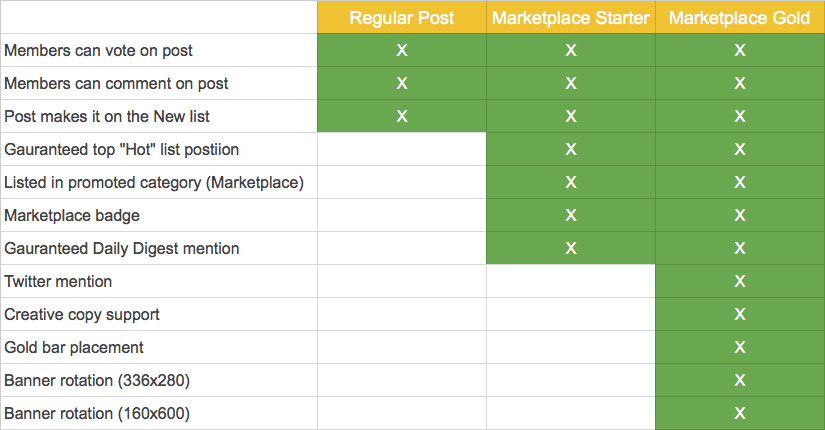While we're very happy to have you in the Gulch and appreciate your wanting to fully engage, some things in the Gulch (e.g. voting, links in comments) are a
privilege, not a right. To get you up to speed as quickly as possible, we've provided two options for earning these privileges.
- You must reach a Gulch score of 100. You can earn points in the Gulch by posting content, commenting, or by other members voting up your posts.
- You may upgrade to a Galt's Gulch Producer membership to immediately gain these privileges.
Your current Gulch score:

Previous comments... You are currently on page 2.
"China’s Communist Party government is a merciless meritocracy, ... which means you haven’t met a stupid person since you were in junior high school. ... "
The top 25% of the smartest people in China is more peop[e than there are in the United States.
As for language and writing. When Japan modernized in the late 19th and early 20th centuries, a committee of scholars met to choose the national language for science. After some debate, they chose English over French. But Japanese was not an option. Similarly, Chinese has the same drawbacks: lack of case; lack of tense. Plus, the ideographic writing is nice for poetry, but less amenable for techincal topics. So, the Chinese learn English. Thus, they have two different modes of thought, which is a clear advantage.
What they do not have is innovation.
However, the "One Child Policy" created an entire generation of only children, which will bring changes they have not expected and cannot stop. A similar problem exists in Japan, also, with Americanism and Westernism eroding traditional collective modes. In Japan, it has been going on longer, now in its third full generation.
Still, tradition runs deep. The world still comes to America for graduate school. Not many people are flocking to China or Japan to take on pure research.